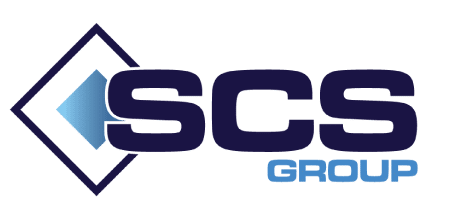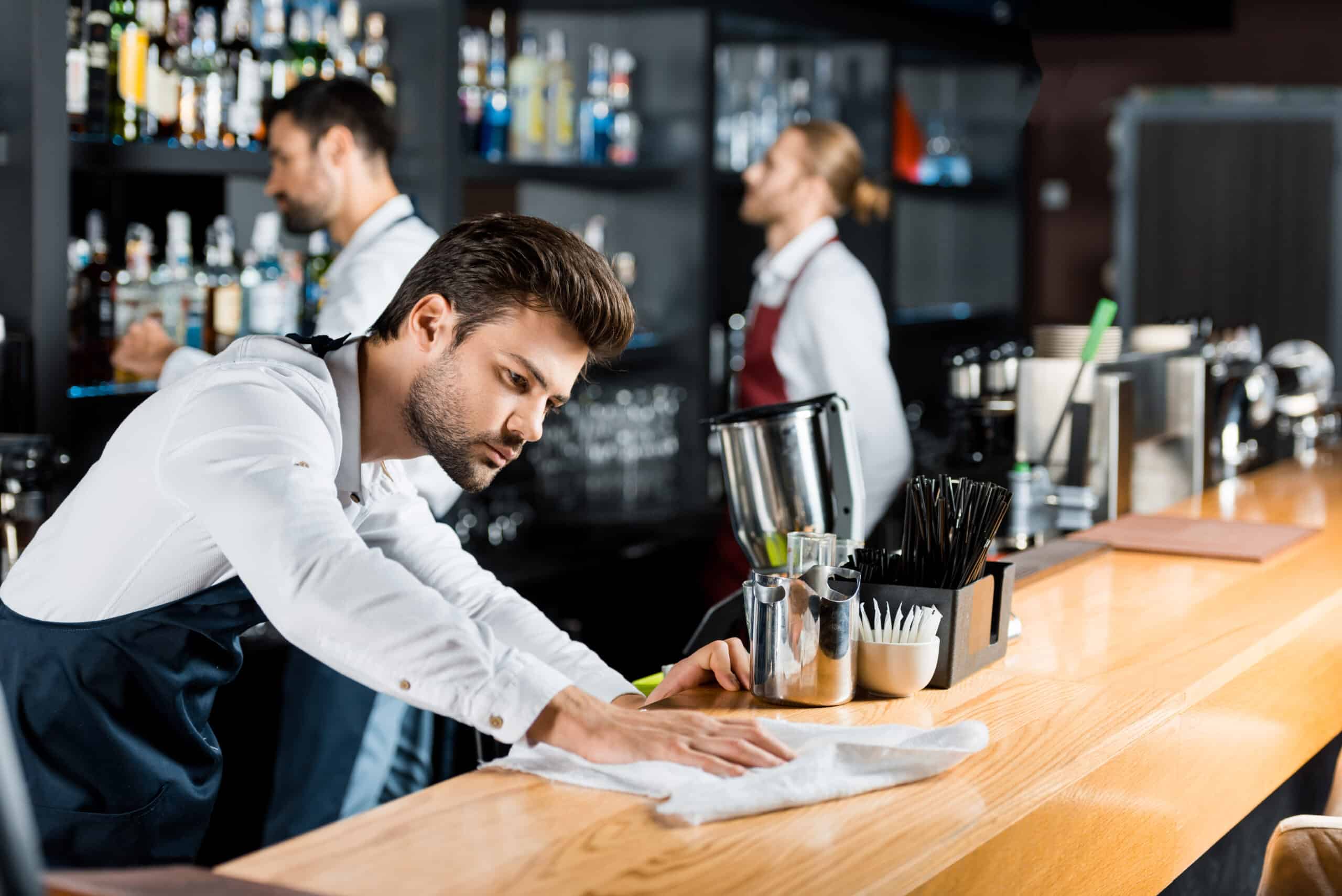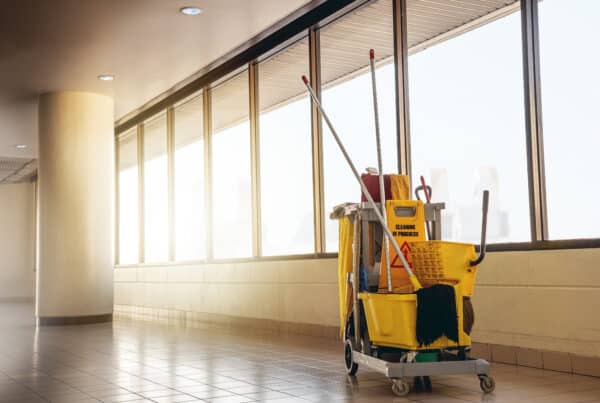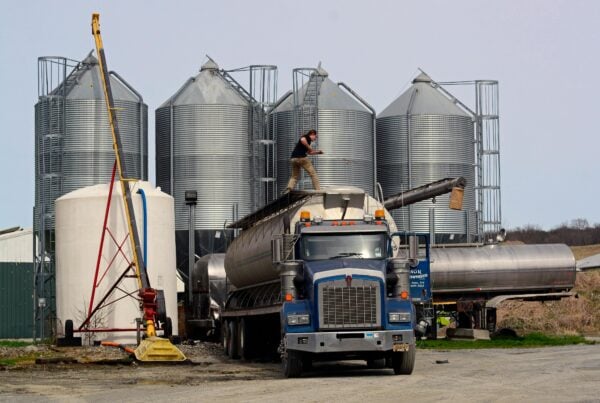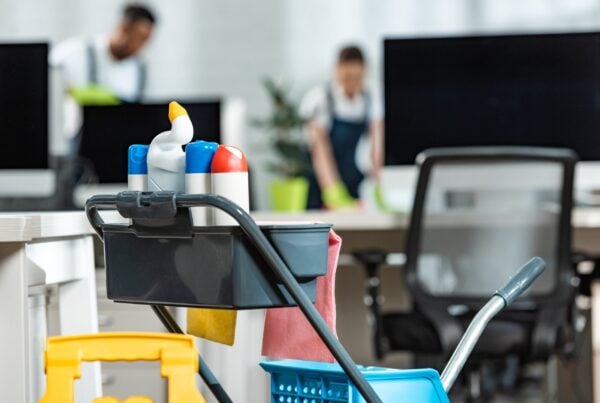Importance of Cleanliness in Pubs
Cleanliness plays a pivotal role in the success of pubs by creating a safe and inviting environment for customers. The importance of cleanliness cannot be overstated, as it directly impacts customer perception and satisfaction. When patrons step into a clean and well-maintained pub, they feel welcomed and comfortable, enhancing their overall experience. Moreover, cleanliness in pubs is essential for promoting hygiene and safety, protecting both staff and customers from potential health risks. Adhering to proper cleaning and sanitization practices not only prevents the spread of germs and diseases but also ensures compliance with food safety standards and regulations. By prioritizing cleanliness, pub owners can enhance their establishment’s reputation, attract and retain customers, and provide a positive experience that keeps patrons coming back for more.
Establishing a Pub Cleaning Schedule
Establishing a pub cleaning schedule is a crucial aspect of maintaining cleanliness in pubs. With the constant flow of customers and the variety of areas that require attention, having a well-structured pub cleaning schedule ensures that no area is overlooked or neglected. Here are some key steps to help pub owners establish an effective pub cleaning schedule:
- Assess cleaning needs: Identify areas that require regular bar cleaning, such as the bar counter, dining tables, floors, restrooms, and kitchen. Note high-traffic areas and spots prone to spills and stains.
- Determine bar cleaning frequency: Decide how often each area needs to be cleaned based on factors like foot traffic and activities. Some areas may need daily cleaning, while others can be cleaned weekly or monthly.
- Delegate responsibilities: Assign bar cleaning tasks to staff members or hire professional cleaners. Clearly define roles and create a rotating schedule to distribute pub cleaning duties evenly.
- Create a pub cleaning checklist: Develop a comprehensive checklist outlining tasks, bar cleaning methods, supplies needed, and any special considerations. The checklist ensures all necessary bar cleaning is covered.
- Set cleanliness standards: Establish clear cleanliness standards for your pub. Communicate expectations to professional cleaning staff and regularly assess areas to ensure they meet the set standards.
Related Read: Why not neglect the office cleaning protocol even the pandemic is long gone
Club Cleaning and Disinfecting Surfaces and High-Touch Areas
Cleaning and disinfecting surfaces and high-touch areas is essential for maintaining a clean and healthy environment, especially during times when infectious diseases are a concern. Here are some guidelines and bar cleaning best practices for pub cleaning and disinfecting surfaces:
- Get the necessary supplies: Gather gloves, disposable wipes or paper towels, detergent or soap, and an EPA-registered disinfectant.
- Clean first: Use a damp cloth or paper towel with mild detergent or soap to remove visible dirt, dust, or debris from surfaces. Pay extra attention to high-touch areas like doorknobs, light switches, countertops, and electronics.
- Choose the right disinfectant: Select an EPA-registered disinfectant that kills a broad range of pathogens, including viruses and bacteria. Follow the instructions on the label.
- Follow instructions carefully: Read the manufacturer’s instructions for the disinfectant, including safety precautions, contact time, and dilution requirements. Different disinfectants may have specific guidelines.
- Apply the disinfectant: Use disposable wipes, a spray bottle, or a damp cloth with the disinfectant to apply it to surfaces. Keep surfaces visibly wet for the recommended contact time specified on the label.
- Focus on high-touch areas: Concentrate on frequently touched surfaces like doorknobs, light switches, handrails, faucets, remote controls, and keyboards. Disinfect these areas regularly.
- Ensure ventilation: Keep the area well-ventilated during and after club cleaning to reduce exposure to chemical fumes. Open windows or doors and use fans to improve airflow.
- Proper waste management: After bar cleaning, discard gloves, wipes, and other used pub cleaning materials in a designated waste bin or bag. Follow local guidelines for disposal.
- Wash your hands: After completing the cleaning and disinfecting process, thoroughly wash your hands with soap and water for at least 20 seconds. This is important for personal hygiene and to prevent the spread of potential contaminants.
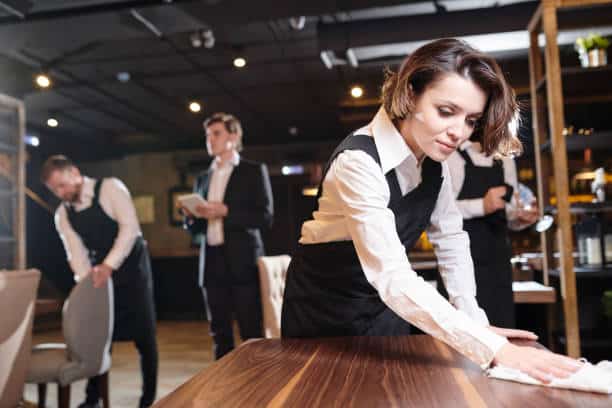
Bar Area: Keeping it Clean and Organized
Keeping the bar area clean and organized is crucial for maintaining a hygienic and efficient environment. Here are some tips to help you achieve that:
- Clean up immediately: Encourage staff to address spills and wipe surfaces right away to prevent messes from spreading. Provide easy access to cleaning supplies like towels, wipes, and spray bottles.
- Establish a bar cleaning routine: Create a schedule for daily, weekly, and monthly tasks. Daily tasks include wiping the bar surface and disinfecting high-touch areas. Weekly tasks involve deep-cleaning equipment and sanitizing storage areas. Monthly tasks include descaling machines and thoroughly cleaning refrigerators.
- Organize storage areas: Keep storage areas organized by categorizing and labeling items. Use shelving, racks, and containers for separation and easy access. Regularly check for and discard expired or spoiled ingredients.
- Keep bar tools clean: Bartenders should clean tools after each use. Soak them in warm, soapy water and rinse well. Dishwashers can be used for heat-resistant tools, following manufacturer instructions.
- Clean glassware properly: Thoroughly clean glassware using a three-compartment sink or commercial dishwasher with sanitizing cycles. Train staff on proper handling and storage techniques.
- Disinfect high-touch areas: Regularly disinfect bar tops, railings, handles, and touch screens using recommended wipes or sprays. Follow the manufacturer’s instructions for effective disinfection.
Related Read: Why Hire Cleaning Companies That Promotes Diversity And Inclusion?
Kitchen and Food Preparation Areas: Hygiene and Sanitation
Maintaining proper hygiene and sanitation in the Bar and pub kitchen and food preparation areas is crucial for ensuring the safety and quality of the food you serve. Here are some guidelines to help you maintain a clean and sanitary kitchen:
- Personal hygiene: Ensure kitchen staff practice good personal hygiene, including regular handwashing, wearing clean attire, covering their hair, and avoiding touching their face, hair, or body while handling food.
- Separate raw and cooked foods: Keep raw and cooked foods separate by using different cutting boards, utensils, and containers. Store raw meats and seafood at the bottom of the fridge to prevent drips.
- Clean and sanitize food contact surfaces: Wash food contact surfaces with hot, soapy water and sanitize with a food-safe sanitizer or bleach-water solution.
- Proper food storage: Store perishable foods at safe temperatures in refrigerators and freezers.
- Regular equipment for hospitality cleaning: Clean and sanitize kitchen equipment following manufacturer instructions, paying attention to areas prone to buildup.
- Safe food handling: Train staff to avoid bare-hand contact with ready-to-eat food, use gloves or utensils, and store leftovers properly.
- Regular bar cleaning schedules: Create a bar cleaning schedule for daily, weekly, and monthly tasks, including sweeping, mopping, and deep cleaning.
- Pest control measures: Seal openings, clean food storage areas, and dispose of garbage properly. Consider professional pest control if needed.
- Monitor food expiration dates: Check expiration dates and label food items for proper rotation. Discard expired or spoiled food.
Related Read: How the integration of Internet of Things (IoT) technology is revolutionizing commercial cleaning.
Club Restrooms: Maintaining Cleanliness and Freshness
- Regular bar cleaning schedule: Establish a pub cleaning schedule for restrooms that includes daily, weekly, and monthly tasks. This ensures regular maintenance and cleanliness.
- Clean high-touch surfaces: Pay special attention to high-touch surfaces like doorknobs, faucets, toilet handles, and hand dryers. Clean and disinfect these areas regularly to prevent the spread of germs.
- Stock essential supplies: Ensure that restrooms are always stocked with essentials like toilet paper, soap, and paper towels. Regularly check and refill these supplies to maintain cleanliness and convenience for users.
- Clean and sanitize toilets and urinals: Regularly clean and sanitize toilets and urinals using appropriate bar cleaning products. Pay attention to stains, odors, and buildup and address them promptly.
- Clean sinks and countertops: Keep sinks and countertops clean and free of debris. Wipe them down regularly, and address any spills or stains immediately.
- Floor maintenance: Sweep or vacuum the restroom floor to remove dirt and debris. Mop the floor regularly with a suitable cleaner to maintain cleanliness and freshness.
- Address odors: Use air fresheners or odor-neutralizing products to keep restrooms smelling fresh. Regularly empty and clean trash bins to prevent unpleasant odors.
Flooring and Carpets: Regular Maintenance and Deep Cleaning
- Regular maintenance: Implement a regular bar cleaning routine for flooring and carpets. This includes sweeping, vacuuming, and mopping the floors to remove dirt, dust, and debris.
- Address spills and stains promptly: Quickly clean up any spills or stains on the floor to prevent them from setting or causing damage. Use appropriate bar cleaning solutions and techniques for different types of flooring or carpets.
- Use doormats and rugs: Place doormats at entrances to trap dirt and moisture, reducing the amount of debris brought into the area. Utilize rugs in high-traffic areas to protect the flooring and make club cleaning easier.
- Deep cleaning: Schedule periodic deep cleaning sessions for the flooring and carpets. This can include steam cleaning, shampooing, or using specialized equipment to remove embedded dirt and stains.
- Treat stains effectively: Identify the type of stain and use suitable stain removers or cleaning products to treat it. Follow the instructions carefully and test in a small, inconspicuous area before applying to the entire stain.
- Repair and maintain flooring: Regularly inspect the flooring for any signs of damage, such as cracks, loose tiles, or worn-out areas. Address these issues promptly to prevent further damage and ensure the safety of customers and staff.
Related Read: The Role of Technology Hotel Cleaning Services
Elevate Customer Experience with SCS Group Integrated Cleaning Services: The best Commercial cleaning service in Sydney
At SCS Group Integrated Services the best Commercial cleaning company in Sydney, we understand that cleanliness plays a pivotal role in the success of your pub. A clean and well-maintained environment enhances customer perception, satisfaction, and the overall experience. It also promotes hygiene and safety, protecting both staff and customers from potential health risks. By partnering with us, you can prioritize cleanliness and create an atmosphere that keeps patrons coming back for more.
Our approach to pub cleaning is based on Professional bar cleaning best practices in pub cleaning in Sydney and industry expertise. We have gathered a wealth of knowledge on cleaning schedules, effective surface disinfection, bar area organization, kitchen hygiene, restroom maintenance, and flooring care. With our expertise, we can ensure that every aspect of your pub receives the attention it deserves.
Related Read: WHY Choose – SCS Group
